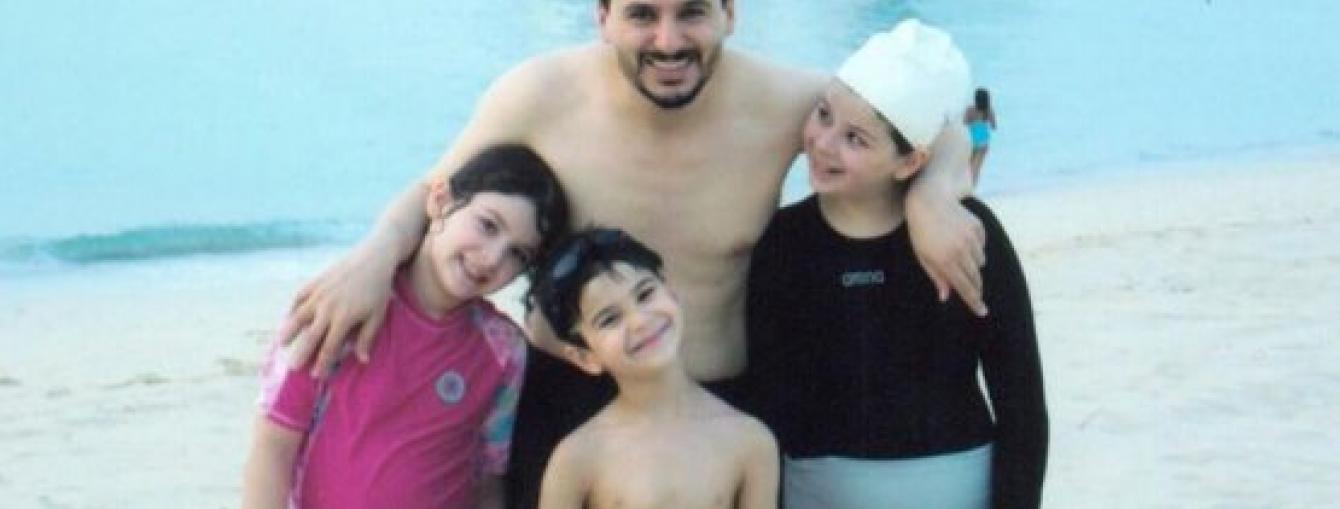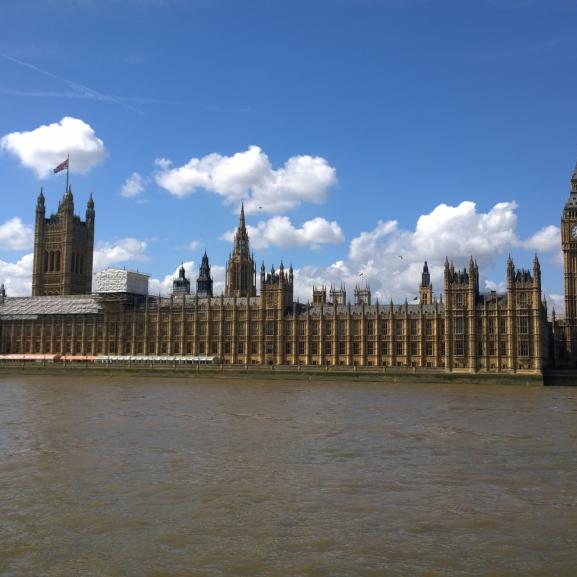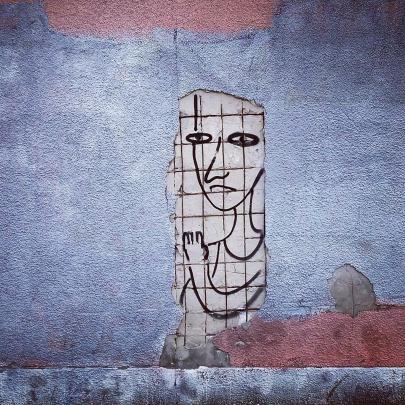Freedom from Torture calls for proper investigation of torture alleged by UAE detainee
Freedom from Torture Head of Doctors concerned about adequacy of forensic medical examination of foreign national detained in the United Arab Emirates
Freedom from Torture’s Head of Doctors, Dr Juliet Cohen, has stated that she has grave concerns about the standard of forensic medical evidence of torture compiled for the trial of Mr Salim Alaradi in the United Arab Emirates (UAE).
Mr Alaradi, a Canadian-Libyan citizen, and Kamal Eldarat and Momed Eldarat, both American-Libyan citizens, whose hearing resumes on Monday 21 March, have been detained without trial for 17 months on charges related to the funding of terrorism. After the defendants claimed they were tortured and coerced into signing confessions, their legal team requested a court-ordered a medical examination.
While a UAE Court has now dropped the terrorism charges against Mr Alaradi, he remains in jail on to charges to be confirmed and the torture allegations have yet to be answered.
Dr Cohen’s opinion, after reviewing details of torture allegations and how the forensic evaluation took place, highlights a number of ways in which the examination of Mr Alaradi by a Ministry of Justice doctor Mohammed Hijazi fails to comply with the Istanbul Protocol, the United Nations-endorsed international standard for documenting torture:
- The court-ordered forensic examination of Mr Alaradi took place in the presence of three unidentified observers whereas the Istanbul Protocol states that the examination should be private and confidential in order to ensure a full disclosure of torture.
- The examination took just eight minutes while the Istanbul Protocol is clear that ample time must be allowed to enable the individual to give the doctor a full description of the torture and symptoms, and for the doctor to thoroughly investigate.
- Only a physical examination took place in this case, whereas the Istanbul Protocol is clear that the doctor should also investigate possible psychological trauma as a result of the torture.
Dr Cohen, who has conducted over 1,000 detailed medico-legal reports on torture survivors, said:
“The examination of Mr Alaradi is reported to have taken just eight minutes – inadequate time for the detailed and complex assessment required to examine the physical and psychological evidence of torture. If this is the case, Mr Alaradi would not have had time to disclose his experiences of torture in any real sense.
“It is also concerning that full disclosure and independence of the examination may have been jeopardised by the presence of others apart from the doctor and Mr Alaradi in the room. Such an examination falls far short of the standards expected of an independent and expert doctor. The examination should be conducted again in accordance with the Istanbul Protocol.”
A reputable examination must comply with the requirements listed in the Istanbul Protocol, the United Nations manual which lays out internationally agreed standards for investigation and documentation of torture and other cruel, inhuman and degrading treatment.
Credible reports, including the opinion of the United Nations Working Group on Arbitrary Detention and a statement by the Special Rapporteur on Torture Mr. Juan Mendez, say that Mr Alaradi has been subject to various types of torture during his detention – blunt force trauma (including punching, beating on the feet and body, pulling of toenails etc), burning on the hand, positional torture (being placed in stress positions), subjected to extremes of heat or cold, and psychological torture. It is reported that Mr Alaradi showed the examining doctor 15 scars and two missing toe nails which were measured and photographed. This would appear to indicate that a significant number of injuries were sustained.
The symptoms that Mr Alaradi is experiencing including back and leg pains, numbness, swollen feet, black dots in his eyes, visual loss and pain and noise in his ear should be fully evaluated according to the Istanbul Protocol compliant report. A psychological assessment should also have been made.
A conflict of interest between the examining doctor’s ethical responsibilities and his employment by the Ministry of Justice is also of concern.
Dr Cohen is further concerned that other standards were compromised including those pertaining to the giving of informed consent for the examination, the presence of the unidentified observers and the independence of the examining doctor as an employee of the Ministry of Justice.







